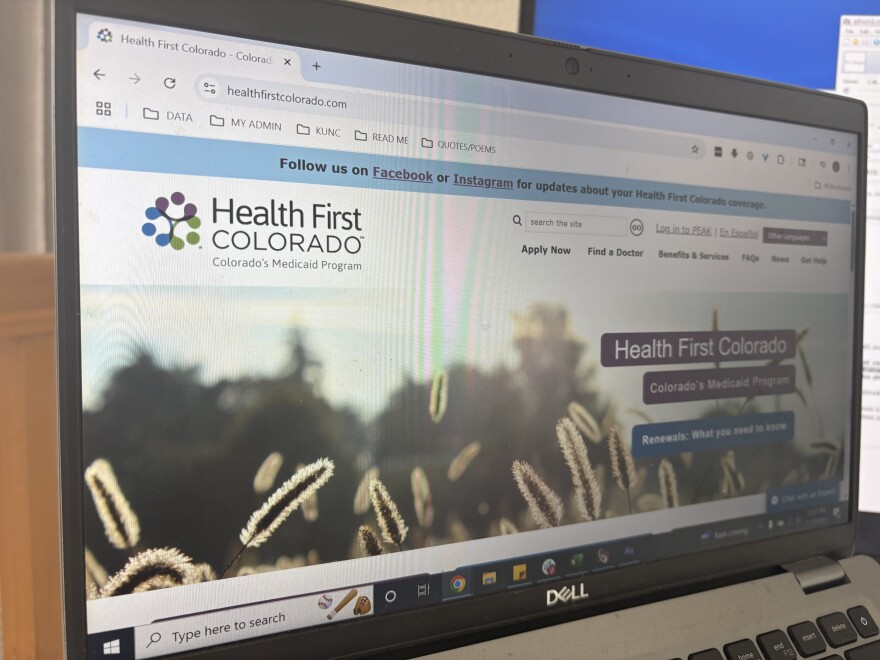In the days before President Trump signed his domestic policy bill into law, the head of health care policy for Colorado was one of many, including doctors, advocates and lawmakers, sounding the alarm.
“The bill is anticipated to result in the large-scale loss of health insurance coverage for Coloradans and an extraordinary cost shift to our state that Colorado’s state budget cannot absorb,” Kim Bimestefer, executive director of Colorado Department of Health Care Policy & Financing (HCPF) wrote in a statement on July 3rd.
One key provision of the megabill cuts spending on health care, especially on Medicaid. Experts forecast that the number of uninsured Americans could jump by more than ten million.
Here’s what is at stake in Colorado:
What is Medicaid?
Medicaid is a health insurance program for low income people and those with disabilities. The program is not to be confused with Medicare, which provides coverage for seniors.
Medicaid is funded by both states and the federal government. Each state runs its own program, so eligibility can vary.
Colorado’s Medicaid program, Health First Colorado, covers services including primary care visits, lab tests, dental care, childbirth and mental health care.
How many Coloradans are insured under Medicaid?
Last year, nearly 1.4 million residents were enrolled in Health First Colorado, including around half a million children. Taken together, Medicaid covers almost one out of every four Colorado residents. Much of the funding goes towards long-term care and pharmacy claims.
In Larimer County, around 70,000 people are enrolled. The number is even higher in Weld County.
The percentage of Colorado’s population insured under Medicaid has been steadily growing for years, especially following the 2015 expansion of eligibility and funding under the Affordable Care Act.
What is the impact of federal cuts?
Changes include increased work requirements, cuts to taxes that help fund rural hospitals and new co-pays for some appointments. But these provisions won’t impact Medicaid recipients in Colorado until December 2026, according to HCPF, while others take effect in 2027.
The new law includes $50 billion to support rural hospitals over five years.
The state estimates that around 377,000 Coloradans could be at risk of losing coverage when the work requirements take effect and predict tens of millions of dollars in administrative costs to implement these new changes.
Meanwhile, residents who enroll in health insurance through the Affordable Care Act Marketplace may also feel impacts too. The new law will reduce some ACA subsidies and restrict automatic enrollment for some.






